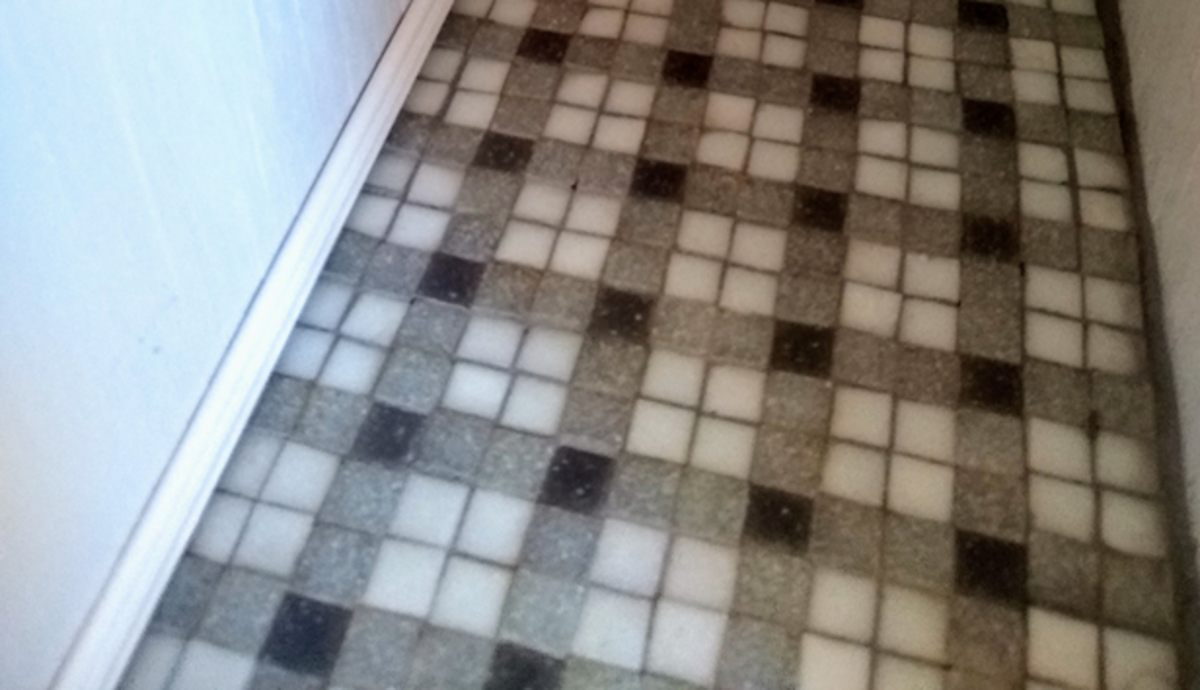Tile Grout; Choosing, Using and Disposing of Grout for Tile Usage
All About Grout
Next to the excitement of choosing your tiles, with aesthetic issues like the color scheme, texture and size to consider, deciding on a grout is understandably a little less enjoyable. It is however, essential to your tiling project, so be sure to fully discuss options with your supplier. Here are some notes to help guide you along.
Using Grout
For our purposes, grout is the material used to fill the space between tiles. It is usually white or gray, but can be any color imaginable. Purchasing powdered grout and grout colorant is a cheaper option than buying a ready mix. If you like the idea of using a darker grout, then be aware that this will make any deviation from the perfectly straight far more noticeable. If you have either a very steady hand or no particular attachment to the ideal of symmetry then you can of course go nuts!
Mixing powdered grout isn't a particularly difficult task. The trick is to add the powder to a measured amount of water and not the other way around. Otherwise, you will end up being magically transported back to elementary school, staring down at your lumpy oatmeal, porridge, rice pudding or whatever it was supposed to be. Anyway, to avoid lumps, it's always powder to water, not vice versa. Always wear gloves and a protective face mask when handling grout.
You can buy premixed grout which is simple to use and involves less mess than its powdered equivalent, but it is expensive. Typically, you will create less waste than if you were to use powder, but the difference does not make up for the higher price. For this reason, it is rarely used in the trade.
Types of Grout
There are three main types of grout from which you can choose: epoxy, cement-based and furan-resin. Each has its advtanges and disadvantages to weigh up.
Epoxy Grout
Epoxy grouts are expensive and often difficult to find, yet usually bring about excellent results. Two-part resins often consist of epoxide materials, and they are very easy to clean and extremely durable. Once you have set a tile using these, however, they are practically impossible to remove. This may well be a good thing, as long as you weren't planning one more attempt to get it on straight. Epoxy grouts are particularly hazardous and should be handled with extreme care.
Cement-based Grout
Cement-based powdered grouts are by the far the most commonly used. It is available with all manner of extra properties. You can easily find, for example, rapid-setting or extra flexible varieties from most suppliers. For nine out of ten home tilers, this will be the right option.
Furan-resin Grout
Furan-resin grout contains alcohol rather than water. It is useful in environments where the presence of corrosive chemicals or acids would damage other grouts. It is rather difficult to work with, however, and frankly best left to the professionals.
Disposing of Grout
Follow the manufacturers instructions and/or suppliers advice when it comes to choosing, using and - most often neglected - disposing of your grout. Do not pour grout down the drain. Hydrated grout can usually be left by itself until the liquids and solids separated, at which point the liquid can be poured away and the solids thrown in the bin.








